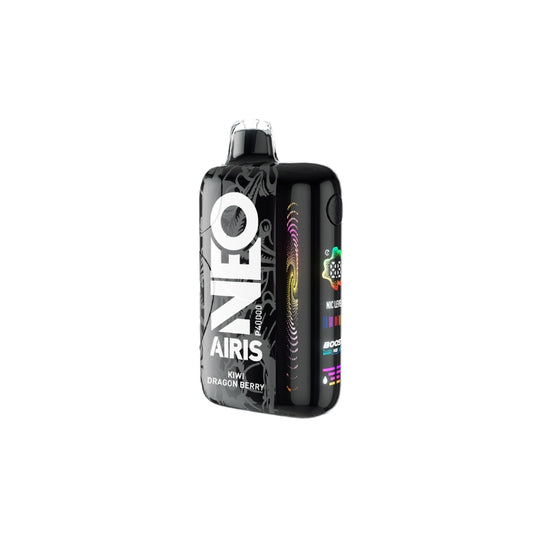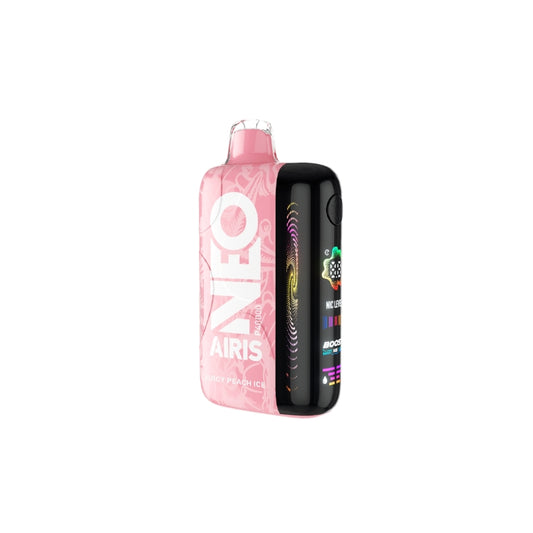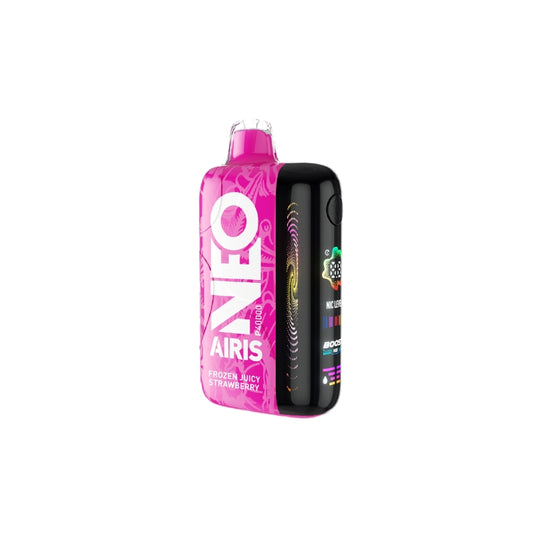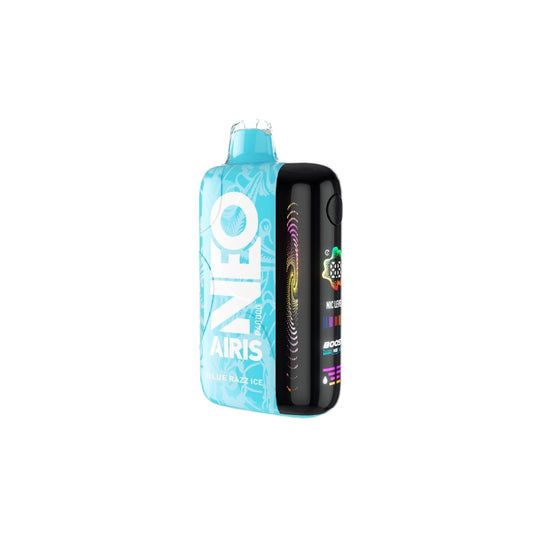The Hidden Risks of Dry Herb Vaporizers: A Comprehensive Guide
Dry Herb Vaporizer Health Risks: What You Need to Know
Introduction
Dry herb vaporizers have gained significant popularity in recent years as a healthier alternative to smoking. However, as with any product, there are potential health risks associated with their use. In this guide, we'll delve into the possible dangers and provide tips on how to mitigate them.
What are Dry Herb Vaporizers?
A dry herb vaporizer is a device that heats up dried plant material (such as herbs, flowers, or spices) to a temperature where the active compounds are released in the form of vapor, without combustion. This allows users to inhale the beneficial compounds without the harmful byproducts of burning.
Health Risks of Dry Herb Vaporizers
While vaporizing is generally considered safer than smoking, it's not without its risks. Here are some potential health concerns associated with dry herb vaporizers:
1. Temperature Control
When using a dry herb vaporizer, the temperature at which the herbs are heated can impact the type and amount of compounds released. Some studies suggest that higher temperatures may produce harmful byproducts, similar to those found in cigarette smoke.
2. Chemical Exposure
Vaporizing herbs can release potentially harmful chemicals, such as aldehydes and polycyclic aromatic hydrocarbons (PAHs). These substances can have negative effects on lung function and overall health.
3. Quality of Herbs
The quality and purity of the herbs being vaporized play a significant role in the health risks. Contaminants like pesticides, mold, and heavy metals can be inhaled along with the vapor, posing serious health risks.
4. Allergic Reactions
Some individuals may be allergic to certain herbs or the materials used in vaporizer components. This can lead to respiratory issues or skin irritation.
5. Addiction Potential
While many users turn to dry herb vaporizers to quit smoking, it's important to note that some herbs may contain addictive compounds, such as nicotine. This can lead to dependency and other health issues.
6. Lack of Regulation
The dry herb vaporizer market is not as heavily regulated as other nicotine-based products, leading to a lack of standardization in terms of safety and quality. This can result in a wide range of potential health risks.
Mitigating the Risks
To minimize the health risks associated with dry herb vaporizers, consider the following tips:
- Choose a reputable brand that prioritizes safety and quality.
- Opt for a vaporizer with precise temperature control to avoid overheating the herbs.
- Use high-quality, organic herbs free from contaminants.
- Keep your vaporizer clean and well-maintained to reduce the risk of bacterial or mold growth.
- Be aware of the potential for addiction and use vaporizers responsibly.
- Consult with a healthcare professional if you have concerns about your health or the effects of vaporizing.
Conclusion
In conclusion, while dry herb vaporizers can offer a less harmful alternative to smoking, it's crucial to be aware of the potential health risks. By taking the necessary precautions and making informed choices, you can enjoy the benefits of vaping while minimizing potential harm to your health.




